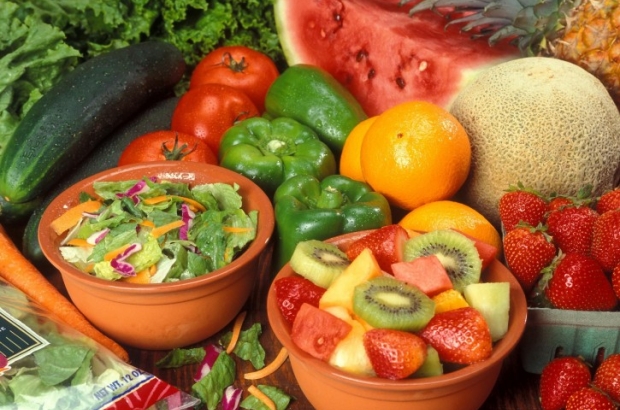- Daily & Weekly newsletters
- Buy & download The Bulletin
- Comment on our articles
In Belgium, 1 in 3 fruits is contaminated by harmful pesticides
One in every three fruits sold in Belgium is contaminated by what’s considered to be the most harmful pesticides, according to a report from Pesticide Action Network (PAN) Europe.
“The dramatic rise in dangerous pesticides found on fruits and vegetables sold in Europe is evidence that governments are failing their legal obligations,” the NGO said in a statement.
Its study, entitled ‘Forbidden fruit’, is based on data collected between 2011 and 2019 by 30 European agencies, including the Belgian Federal Agency for the Safety of the Food Chain (FASFC).
Belgium was among the worst offenders on their list, with only Ireland, France, Italy and Germany performing more poorly.
In total, 97,170 samples of fresh fruit grown in Europe were analysed over the course of the nine years, during which time PAN Europe noted a dramatic increase of 53% in residues of “extremely dangerous” and toxic pesticides – some of which were supposed to have been banned back in 2011.
“Under the 2020 EU Farm to Fork Strategy, the use of these pesticides should be halved by 2030 in the EU,” the organisation said.
“The European Commission already claims a 12% reduction in 2019 compared to 2015-2017; however, this report, which provides evidence of the quantity of pesticides that actually end up in food, is a strong rebuttal to that claim… The use of the most dangerous pesticides in Europe is in fact rising, not falling.”
In 2011, 18% of samples from Belgium were contaminated – a figure that has since grown to 29%.
Chemicals dangerous for human health
While pesticides can be a helpful tool in agriculture to protect crops from being destroyed by insects, some of the chemicals used can be dangerous to human health. One of those is Tebuconazole, a fungicide that PAN Europe said that despite being toxic for reproduction, has frequently been found on cherries produced as recently as 2019, in Spain as well as other member states.
“Although scientists warn of growing evidence that such ‘chemical cocktails’ amplify human health impacts, such combinations are still not assessed by authorities, as required by the law,” PAN Europe said.
The most contaminated fruits according to the study are pears (a staggering 87% of samples grown in Belgium), blackberries (51% of samples), peaches (45%), strawberries (38%), cherries (35%) and apricots (35%).
For vegetables, contamination is lower because they are less prone to insects and diseases and thus pesticides are used less often: 13% of samples were contaminated in 2019 (compared to 11% in 2011), with the vegetables most concerned being celery, celeriac and kale (31%).
“Laws are being ignored and consumers are being exposed to a rising tide of chemical exposure,” PAN Europe summarised.
“Europe is clearly moving away, not towards more sustainable agriculture. While authorities content themselves with unreliable indicators of progress, the observable pesticide residues, their impact on human health and rapidly declining wildlife populations tell the real story.”



















